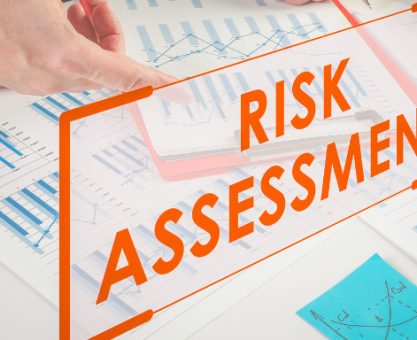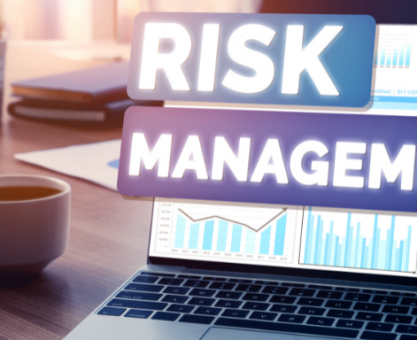Executive Summary
-
Explore the evolving landscape of security measures in robo-advisors.
-
Understand the significance of encryption, authentication, and regulatory compliance.
-
Learn about potential risks and challenges associated with robo-advisors.
-
Discover expert tips and resources for evaluating robo-advisor security.
-
Gain insights into future trends in robo-advisor cybersecurity.
Introduction
As digital financial services continue to grow, robo-advisors have emerged as a popular tool for investment management. But with convenience comes the critical need for security. Investors are rightfully concerned about the safety of their personal and financial data. Understanding the security measures behind modern robo-advisors is essential for anyone considering this technology. This article will guide you through the key security features of robo-advisors, the associated risks, and how you can ensure your investment is secure.
Definitions / Context
Robo-advisors are digital platforms that provide automated, algorithm-driven financial planning services with minimal human supervision. As digital entities, they must prioritize cybersecurity to protect sensitive client data and maintain trust.
Benefits / Pros
-
Encryption: Modern robo-advisors use advanced encryption standards to protect data both in transit and at rest.
-
Two-Factor Authentication (2FA): This adds an extra layer of security, requiring users to verify their identity through a secondary method.
-
Regular Security Audits: Many platforms undergo frequent audits to identify and rectify vulnerabilities.
-
Regulatory Compliance: Adherence to financial regulations ensures that robo-advisors maintain a high standard of data protection.
Risks / Cons / Challenges
-
Data Breaches: Despite strong security measures, the risk of breaches remains a concern.
-
Algorithm Vulnerabilities: Flaws in algorithms could potentially be exploited, compromising investment strategies.
-
Regulatory Changes: Keeping up with evolving regulations can be challenging and costly for robo-advisors.
Step-by-Step Process
How to Evaluate Robo-Advisor Security
-
Research the Platform: Understand the company’s history and reputation in cybersecurity.
-
Check for Encryption Standards: Ensure the platform uses industry-standard encryption, like AES-256.
-
Verify Authentication Methods: Look for platforms offering 2FA or biometric authentication.
-
Review Regulatory Compliance: Confirm the robo-advisor complies with relevant financial regulations.
-
Read User Reviews: Gain insights from other investors about their security experiences with the platform.
Consider a recent case where a leading robo-advisor faced a potential security threat. By implementing robust encryption protocols and conducting emergency audits, they managed to avert the breach, showcasing the efficacy of proactive security measures.
Expert Tips / Strategic Insights
-
Epiidosis recommends: Regularly updating passwords and enabling all available security features on your robo-advisor account.
-
Stay Informed: Keep abreast of the latest cybersecurity trends and updates in the financial tech sector.
-
Consult Professionals: Don’t hesitate to seek advice from cybersecurity experts when selecting a robo-advisor.
Tools / Resources / Calculators
-
Security Checklist: Download a free checklist to evaluate the security features of any robo-advisor.
-
Encryption Estimator: Use online tools to understand the encryption standards your chosen platform employs.
Conclusion
Understanding the security measures behind modern robo-advisors is vital for making informed investment decisions. By prioritizing encryption, authentication, and compliance, these platforms can offer a secure investment experience. However, investors must remain vigilant about potential risks and stay informed about security trends.


















